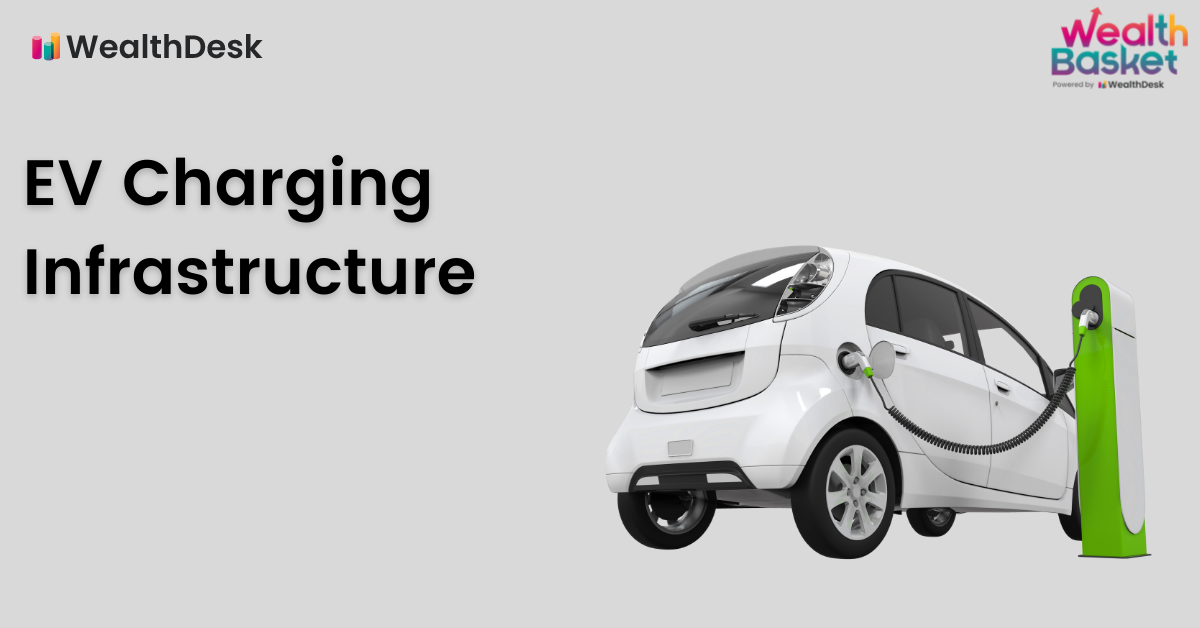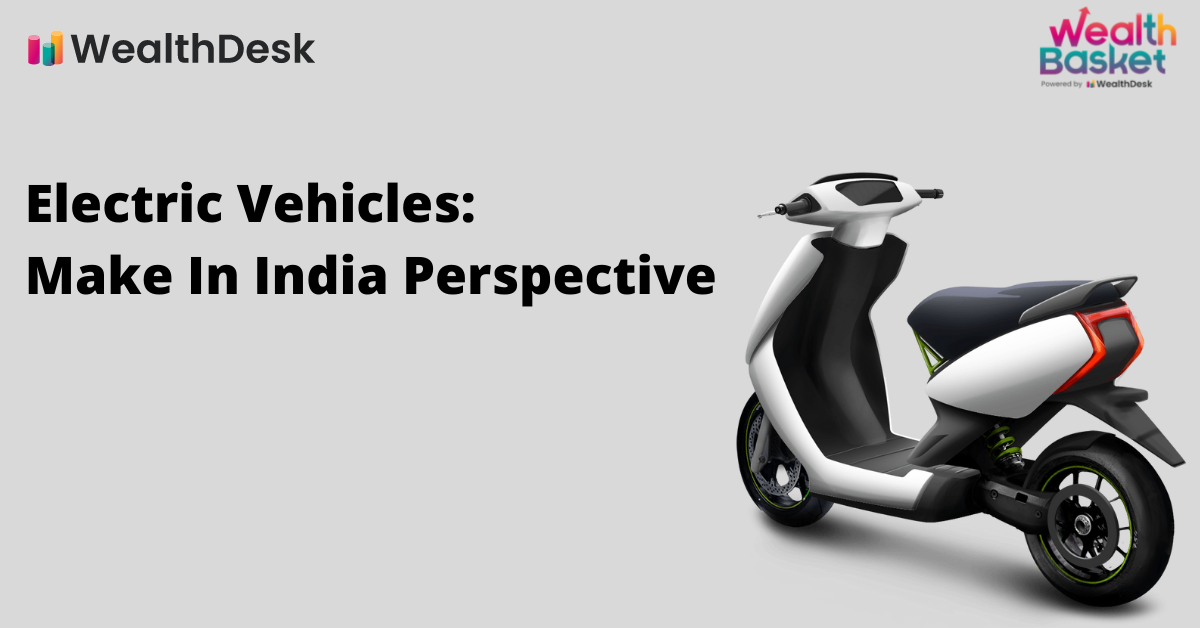- Daily Electric Vehicle (EV) charging points’ demand in four-wheelers in Bangaluru will be 1,64,786 kWh by 2030, whereas for commercial e-cars, it will be 4,91, 838 kWh per Niti Aayog’s survey.
- India’s support to the EV30@30 (at least 30% new EV sales by 2030) has set the target for Electric Vehicle (EV) charging station manufacturers and other stakeholders in India to accelerate building EV charging infrastructure.
Although this ambitious goal looks challenging to achieve, the Government of India and other stakeholders have come forward to take actions and executions as effectively as possible. The electric vehicle charging infrastructure requires a systematic approach towards setting realistic EV charging models that meet the electric vehicle charging station requirements.
This blog explains factors affecting electric vehicle charging infrastructure in India, classification of charging infrastructure for electronic vehicles in India, and different proposed models for an efficient EV charging infrastructure.
Electronic Vehicle Charging Infrastructure – An Overview
As petrol and diesel prices keep surging in India, many citizens have already started taking a keen interest in buying EVs. This is also supported by the Government’s global initiative to reduce the carbon footprints and achieve net-zero. The EV infrastructure in India, too, is rapidly growing, and active steps are taken from the government as well as electric vehicle charging station manufacturers in India.
Factors Affecting EV Charging Infrastructure
The location of the charging station and the requirements in that geography play a crucial role in building an effective electric vehicle charging infrastructure in India. The EV charging infrastructure depends mainly on the following factors:
- Specifications and standards for EV chargers,
- Availability of various EV Models,
- Estimated EV Charging Station Infrastructure Costs
- Characteristics of the electricity grid, and
- The capacity of the Electric Vehicle Supply Equipment (EVSE).
Classification of Charging Infrastructure for Electronic Vehicles in India
The electric charging station requirements are different for different types of users. Based on the electric charging infrastructure in India, they are classified into three categories – public, private and semi-public.
| Public Charging | Private Charging | Semi-public Charging |
|
The public charging stations are open for all EV
users to use the charging station at public
parking lots, petrol pumps, on-street parking
areas, highways and metro stations. The public charging stations are CPO-managed. |
Private charging stations are located in private
homes, offices, and the dedicated parking spaces
in the apartments used by the personal EV
owners. These chargers could be self-operated or CPO-managed charging points. |
The semi-public charging is restricted to a
specific set of EV users with shared charging
facilities at shopping malls, office complexes,
government buildings, hospitals, etc. CPOs will manage the charging points for the semi-public charging spaces. |
Proposed EV Charging Infrastructure Models of Implementation
Various stakeholders such as distribution companies (DISCOM), State Electrical Regulatory Commission (SERC), Charge Pont Operator (CPO), etc., work jointly to enable robust EV charging infrastructure model implementation in India. Broadly, there are three implementation models as discussed below:
Customer-driven Model
Under this model, electric vehicle charging points will be made available in private and semi-public areas. This model considers facilitating EV charging stations and points to the private EV owners, fleet operators, parking areas of malls, retail shops, restaurants, etc.
Government-driven Model
Government agencies such as municipal corporations, state nodal agencies, and urban development authorities enable public charging infrastructure on the government-owned land.
Service Provider-driven Model
The brand of the CPOs provides EV charging services under this model. Their strategy is to implement an electric vehicle charging infrastructure in India by promoting such facilities in locations with high potential demand.
Wrapping Up
The strategic approach adopted by the government agencies in partnership with the CPOs may look promising. Still, certain challenges such as high operating costs, the uncertainty of utilisation rate and Discom’s limited reach are coming in the way to building an electronic mobility ecosystem for EV charging infrastructure in India.
At WealthDesk, we offer investment opportunities, including stocks and ETFs of companies that have the potential to grow or have a future demand. SEBI approved professionals have curated WealthBaskets by following a thought-through market research process.
FAQs
The cost varies from city to city and depends on whether you charge your vehicle at the charging station or home. The charging station may cost INR 80-202 (INR 3-8 per unit), whereas home charging could increase to INR 160-450.
Tata Power owns more than 1,000 EV charging stations in India and 10,000 home charging points.
Below are the
top five electric vehicle charging stations
manufacturers
in India:
– Tata Power Company Ltd
–
Delta Electronics India Pvt Ltd
–
Mass-tech Controls Pvt Ltd
– ABB India
Ltd
– Fortum India Pvt Ltd
Below are some
websites and applications
that help you find the nearby EV charging stations
in India:
–
EV Plugs: the first aggregator app
in India to locate EV charging stations.
–
Statiq: Aggregator app to find
nearby EV charging points in India.
–
Tata Motors: Website locating EV
charging stations for certain vehicles.
–
ChargeList: Aggregator website to
find an EV charging station in India.
As stated by EV reporter, the EV charging business can fetch a profit of INR 3.5 per unit of electricity provided the daily usage is 8 hours. The hardware costs are recovered in 7 years.
















